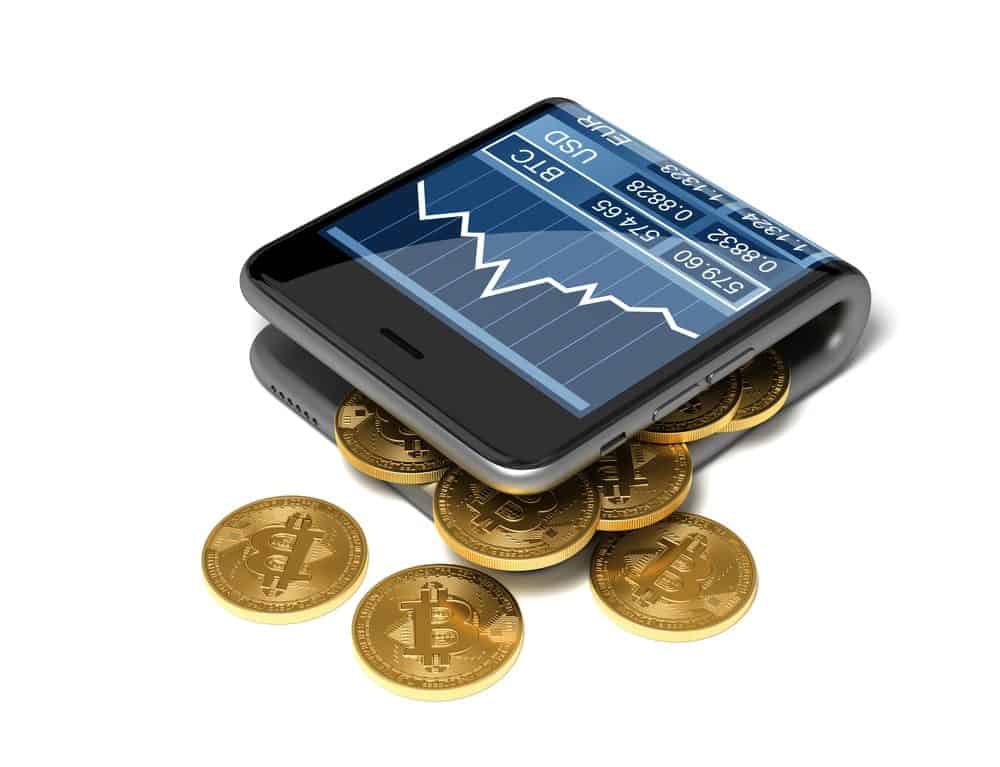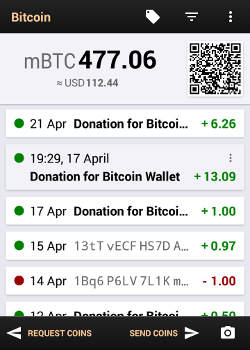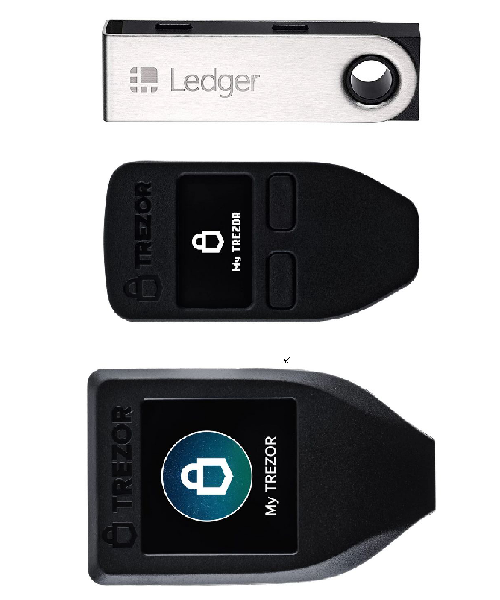Wallets
Storing and Securing Your Bitcoins
Once you have purchased Bitcoin, keeping them secure and accessible is critical. Bitcoin is unique among financial assets in that it is truly yours and the responsibility to safeguard it rests solely with you. Forgotten keys or passwords means your BTC will be lost forever.
Several methods for storing and spending your coins (paper, digital/mobile and hardware) are highlighted below.


Paper Wallets
Paper wallets are the simplest representation of your Bitcoin and copies may be provided with each receipt of purchase. The public key is the address where you can check your Bitcoin and it is the publicly viewable ‘account’ where the community knows how much Bitcoin the wallet possesses
The private key is required to spend and transact and should NEVER be shared with anyone. Anyone that has access to this unique code has full access to the coins in the account and may spend them at will.
Keeping this private key written on paper and in a place safe from fire, destruction or theft is one of the oldest ways to store coins that guarantees that hackers are unable to gain access to your coins. Long term storage paper or even advanced metal devices that are impervious to the elements are used frequently to hold coin offline.
Digital / Mobile Wallets
Digital wallets are the most common method to store and spend your Bitcoin. These wallets are stored on your phone or computer and can manage multiple Bitcoin addresses and transactions.
It is always recommended that wallets be encrypted with a strong password to ensure the safety and security of your coins. While many wallet apps contain built-in security mechanisms, computers or phones that are compromised with malware can potentially leak your password. Hackers are constantly looking for sophisticated techniques to compromise machines to gain access to Bitcoin, so anti-malware should always be in place. Additionally, phishing attacks from fake emails are common and should be guarded against. Some recommended wallets and comparisons are listed below.


Hardware Wallets
The latest state-of-the-art in security combined with usability for managing Bitcoin holdings is a hardware wallet. These wallets work in conjunction with mobile or digital desktop wallets, but add an additional layer of security in that your private keys are stored on a sophisticated security chip on the external device. The benefit of this is that your private key (which provides access to all of your funds) is never shared with a computer/phone that can be compromised — all processing is done offline so your key is kept safe from potential hackers.
These devices typically generate addresses based on a series of ‘seed’ words so you can recover your wallet in the event of a device malfunction. These seed words need to be kept safe similar to the paper wallet described above.
Ledger, Trezor and Coldcard are among the most used and trusted devices.
Recommended Wallets
Each type of wallet has its pros/cons based on the intent of the holder. Those looking to transact frequently will prefer the convenience of a digital wallet, those looking to hold and invest long term may want to err on the side of security and anonymity and keep their Bitcoins in ‘cold storage’ offline in a paper or similar wallet. Others will opt for a combination of both with hardware wallets which allow for ease of transaction with an added layer of security. Some recommendations based on personal use are included below. More information can be found on the Education tab with links to reviews.
Digital / Mobile Wallets
Electrum (Windows/Mac/Linux/Android)
Blue Wallet
Wasabi
Samourai
See additional reviews here
Hardware Wallets:
Ledger Nano S (micro USB)
Ledger Nano X (USB-C / Bluetooth)
Trezor One
Trezor Model T
Coldcard
